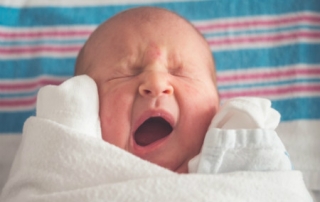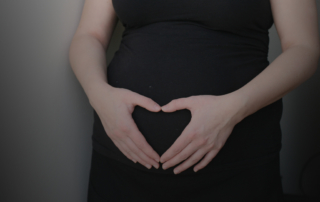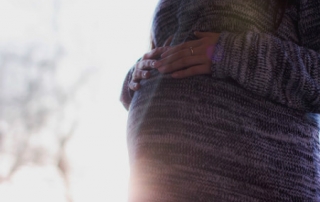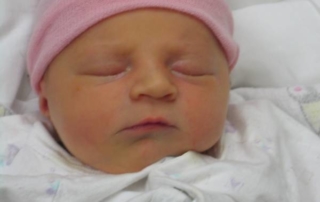PTSD in Veterans Increases Risk of Preterm Birth
Posttraumatic stress disorder (PTSD) is relatively common among pregnant and postpartum women. The lifetime prevalence of PTSD for women is about 10%. PTSD is most prevalent among women of childbearing age and PTSD symptoms are common during pregnancy. Earlier this year, we reported on a study which observed that women with a diagnosis of PTSD had an increased risk of preterm birth. The risk was particularly high in those women with diagnoses of both PTSD and a major depressive episode; these women had a 4-fold increased risk of preterm birth.










